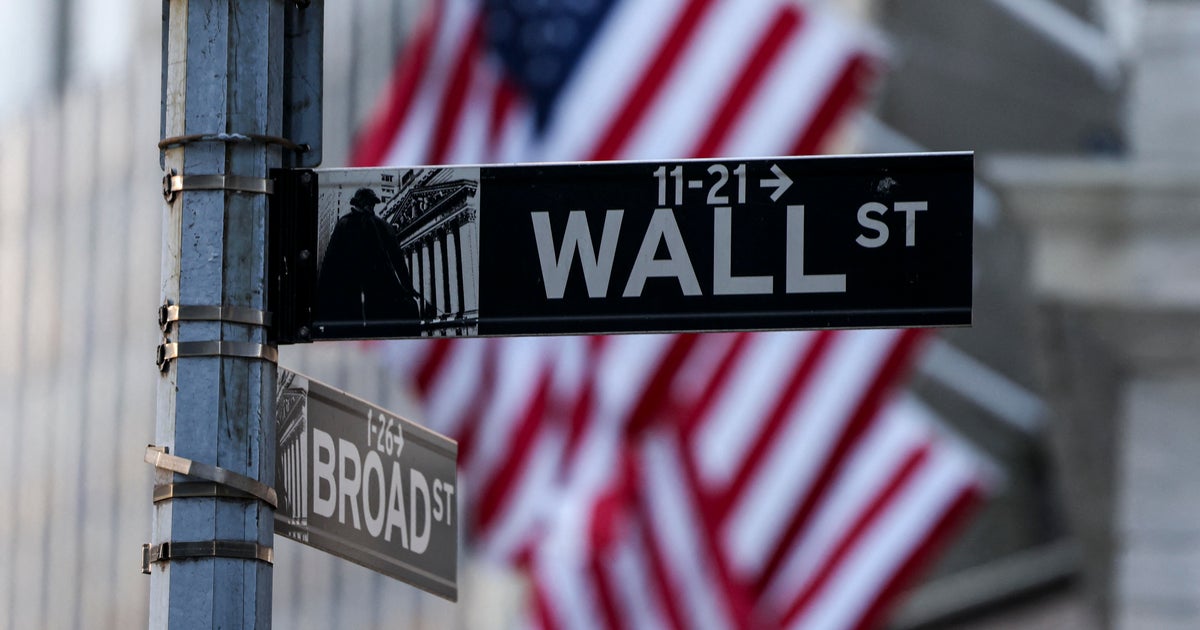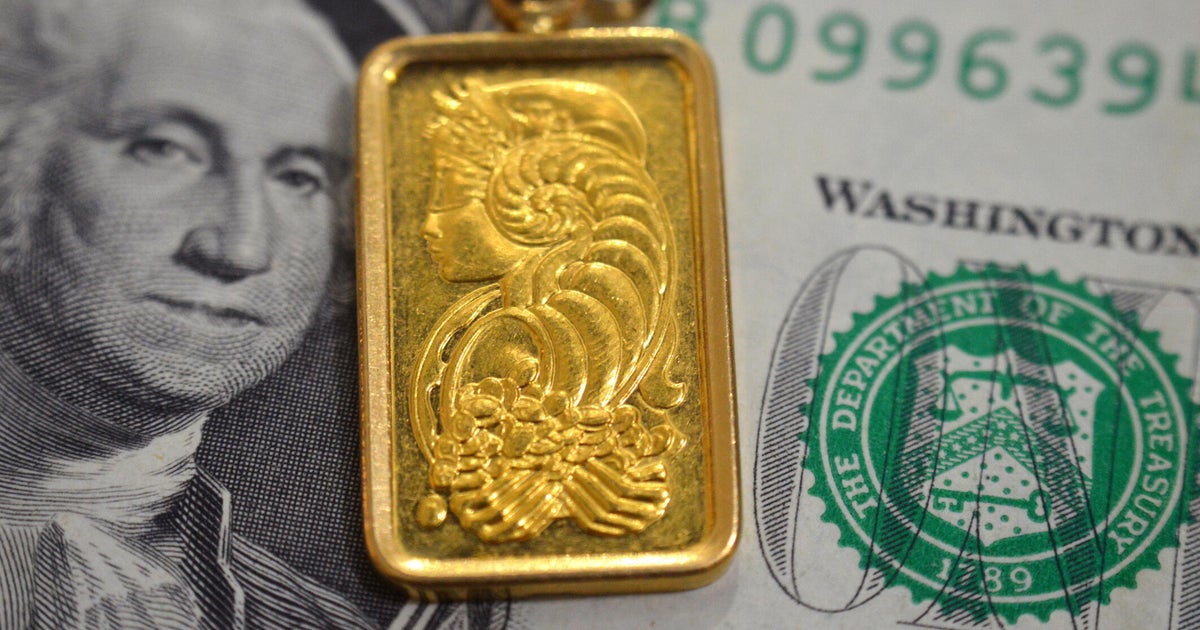Why one famed investor is fretting about "superbubbles"
One of Wall Street's most influential voices, the British investor Jeremy Grantham, sees an asteroid steaming toward global financial markets. His term for what he sees as a growing threat to U.S. investors: a "superbubble."
If an ordinary bubble involves an irrationally exuberant gain in the price of some asset, a superbubble is when the cost of several assets all head into orbit at the same time. And this time, well, it's going to be a doozy.
"[F]or the first time in the U.S. we have simultaneous bubbles across all major asset classes," Grantham, co-founder of wealth management firm GMO, said this week in an analysis.
Over the last 100 years, the U.S. has experienced three previous superbubbles, according to Grantham: The crash of 1929, which triggered the Great Depression; the dotcom meltdown that began in 2000; and the housing bust that precipitated the 2008 financial crisis (Japan also had two superbubbles in the 1980s when the country's inflated stock and real estate markets crashed, he said.)
Red flags
Exhibit A in Grantham's case that the U.S. now faces a fourth superbubble: Housing prices. After jumping a record 20% in 2021, housing prices are through the roof — even eclipsing the last real estate crash.
Exhibit B: Investors have (yet again) forgotten a key lesson from past financial crises: What goes up must come down. The vast sums of money flowing into "meme stocks" like AMC and GameStop, cryptocurrencies, non-fungible tokens, special-purpose acquisition companies and electric vehicle makers are a classic sign of bubble-thinking. As Grantham put it: "We have the most exuberant, ecstatic, even crazy investor behavior in the history of the U.S. stock market."
Exhibit C: Fewer and fewer equities, usually blue-chip stocks, perform well, while a growing number of speculative stocks do poorly. That trend — also visible in 1929 and 2000 — may be due in part to professional investors crowding into safer stocks as they see the broader market blindly marching off a cliff, Grantham suggested. In this scenario, confidence first starts to erode for riskier assets and then eventually dominoes into healthier stocks as investors race for the exits.
Economists such as Hyman Minsky and economic historians including Charles Kindleberger have shown that while individual bubbles have distinct features, they follow a similar cycle. Some catalyst — like the emergence of the internet in the 1990s or the kind of financial "innovation" that fueled demand for mortgage-backed securities in the 2000s — opens new opportunities for institutional investors to get filthy rich. A boom ensues as average investors pile in. Gripped by fear of missing out, businesses and consumers alike get drunk on debt and bid asset prices up even more.
But as the bubble expands ever larger, some event eventually brings the merry-go-round to a halt, such as the 2008 bankruptcy of Lehman Brothers, and panicked investors sell whatever they can to offset their mounting losses.
"Pessimism" on the horizon?
As Grantham — famous for correctly predicting bubbles (and cashing in on them on behalf of his firm's clients) — knows better than just about anyone, such events are often hard to predict. But his latest warning comes as even bullish investors are starting to pull back.
After reaching new heights in 2021, the stock market is now wobbling. Driven by a selloff in technology companies, which entered "correction" territory this week, the S&P 500 has fallen 7% so far this year. Companies that until recently were the darlings of investors, including Netflix, Peloton and Tesla, are hitting a wall.
In the broader economy, inflation is rising faster than it has in nearly 40 years, straining Americans' budgets and weighing on economic growth. The Fed is moving — possibly too late — to lasso runaway prices by signaling its intent to raise interest rates at least three times this year.
But the greatest risk, as in all bubbles, is that a critical mass of investors finally wakes up. Said Grantham, "When pessimism returns to markets, we face the largest potential markdown of perceived wealth in U.S. history."



